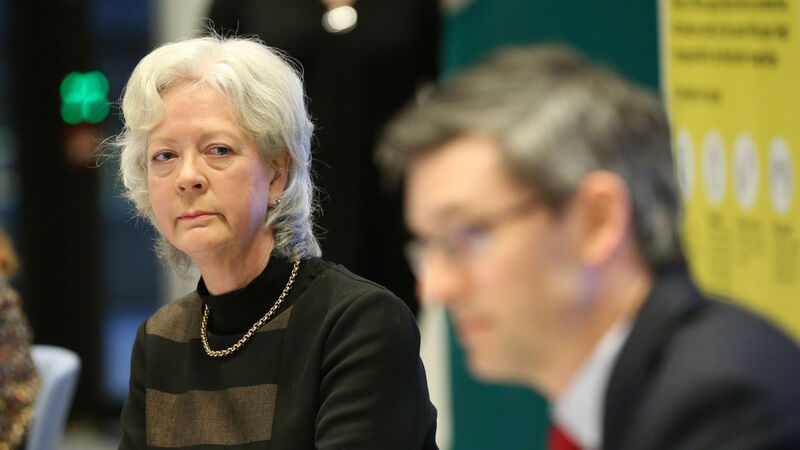No one will be left behind by vaccine changes - Niac chair

Professor Karina Butler acknowledged that there had been “several twists and turns and modifications” of the advice from Niac since last December with regard to the order of vaccination and age groups.
No one will be left behind under new vaccine rollout plans, the chair of the National Immunisation Advisory Committee (Niac) has said following yesterday's advice that the AstraZeneca vaccine should not be given to people under 60.
Professor Karina Butler said there could be a dividend in the decision.










